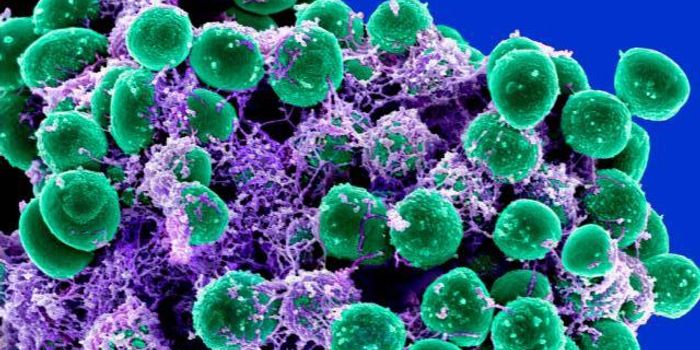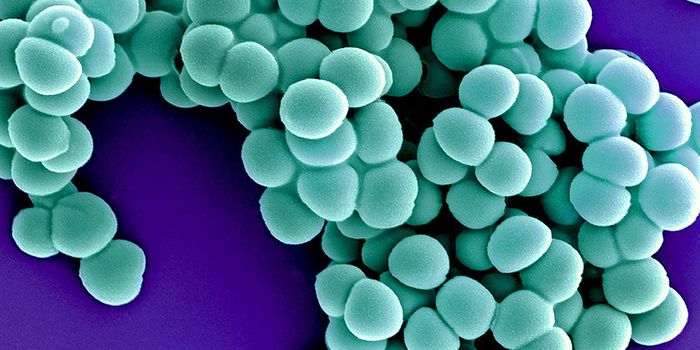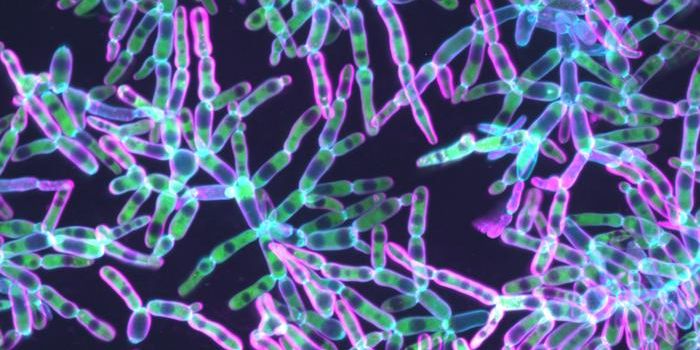Human & HPV Genes Can Combine to Boost Cancer Growth
There are over 100 types of human papillomavirus (HPV), and some can lead to different types of cancer, including cancer that affects the nose and throat. These are known as HPV-associated oropharyngeal cancers, and the incidence of these tumors is rising. While many of these cancers are treatable if diagnosed early, they can lead to serious problems in about 20% of cases. Scientists have now learned more about a process in which the genome of HPV links to human genes in cancer cells of oropharyngeal tumors; this leads to the formation of extrachromosomal circular DNA (ecDNA), boosting tumor growth. The findings have been reported in Nature Communications.
In cancer cells, small bits of circular DNA can form outside of chromosomes, and this genetic material, known as ecDNA, can drive cancer and help cells evade the anti-cancer effects of the immune system.
Previous work has shown that about 30% of HPV-associated oropharyngeal tumors carry ecDNA that has formed when the genes of HPV and human cells have hybridized.
To learn more about how this promotes cancer growth, the researchers analyzed changes in genetic activity when HPV and human DNA has hybridized in tumor cells. This work revealed that genetic features called enhancers in HPV and human DNA can drive the expression of genes that boost cancer growth. More of the virus is also generated, feeding this cycle and causing more tumor growth.
When the researchers used CRISPR to disable or reduce the expression of these genetic enhancers, the growth of HPV-associated oropharyngeal tumors was reduced.
While more research will be needed to develop these therapeutics, the researchers suggested that treatments that disrupt ecDNA could slow or halt the growth of tumors without harming healthy cells.
"There are now multiple types of drugs that are being developed both in the laboratory and in clinical trials to specifically target cancers that rely on ecDNA to grow," noted senior study author Joseph Califano, MD, a professor of otolaryngology at UC San Diego, among other appointments.
The researchers are continuing to look for ways to target ecDNA, particularly hybrid ecDNA that is linked to HPV.
There are also vaccines available to prevent HPV infection; these vaccines can stop the threat of HPV-associated cancers.
Sources: University of California San Diego, Nature Communications








